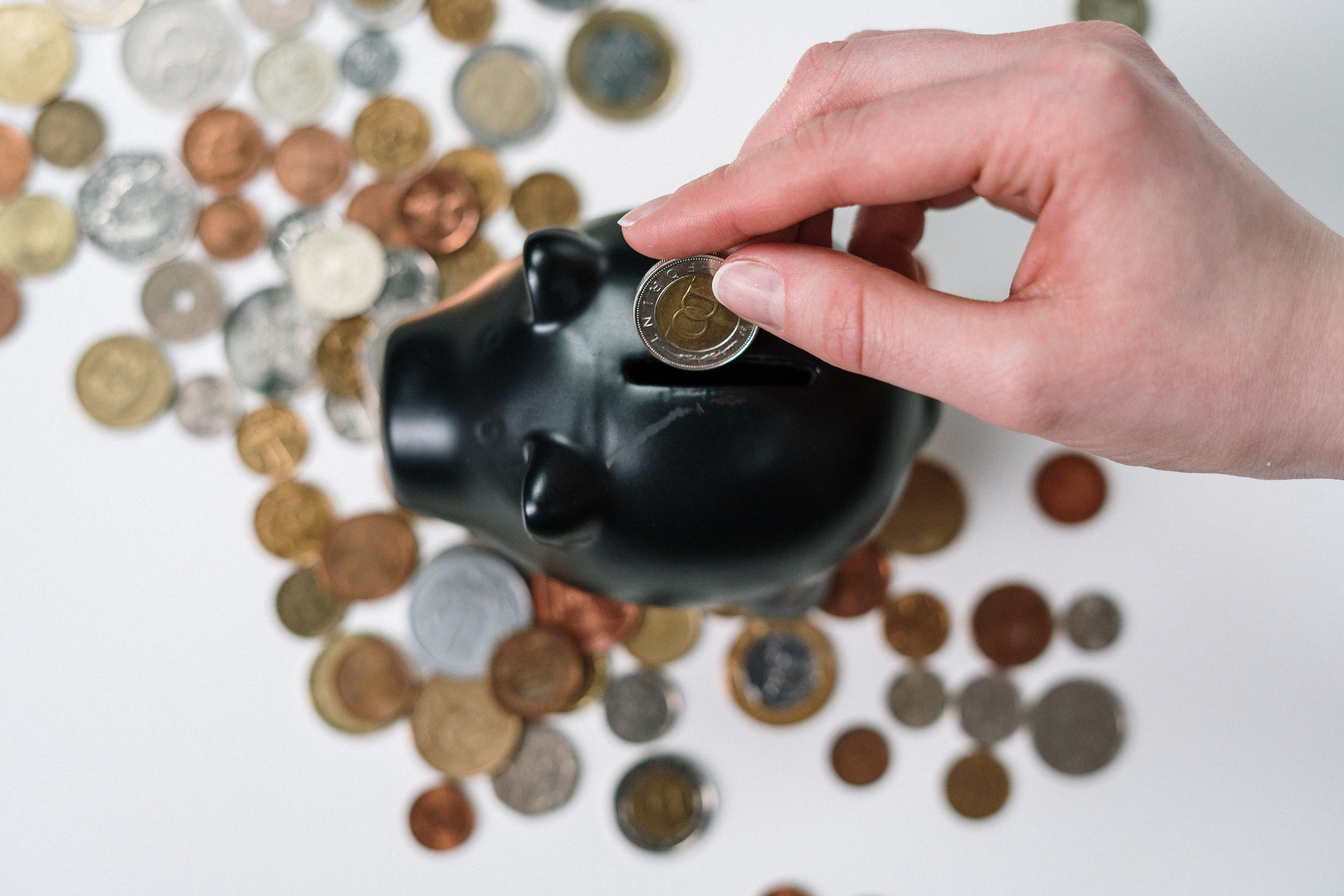Understanding the $1 to Naira Exchange Rate: Impact on Trade, Remittances, and Future Predictions
GPT_Global - 2025-10-13 22:30:24.0 12
How much Naira can I expect to get for $1 if I exchange at a local bank?
When sending or exchanging money in Nigeria, one of the most common questions people ask is, “How much Naira can I expect to get for $1 if I exchange at a local bank?” The answer depends on the current exchange rate set by the Central Bank of Nigeria (CBN) and the financial institution you choose. Typically, local bank rates are lower than black-market or parallel market rates because they follow official regulations and government guidelines.
For instance, while the official bank rate might offer around ₦1,400 per U.S. dollar, the parallel market could provide slightly more. However, exchanging at a bank is more secure, transparent, and suitable for remittances or large transactions. When sending money from abroad, using trusted remittance services that partner with Nigerian banks ensures your recipients get fair rates and reliable transfers.
To maximize value, always compare exchange rates across different banks and remittance providers. Staying informed about daily currency fluctuations can help you choose the best time to send money and make the most of your dollars in Naira. Whether for business or family support, understanding the exchange rate is key to smarter remittances.
How does the strength of the US economy affect the exchange rate of $1 to Naira?
The strength of the US economy has a significant impact on the exchange rate of the US Dollar ($1) to the Nigerian Naira (₦). A robust US economy often leads to a stronger dollar, which means that $1 can buy more Naira. This is because when the US economy is strong, foreign investors tend to move their capital to the US, increasing demand for the dollar and driving up its value.
On the other hand, when the US economy faces challenges, such as recessions or economic slowdowns, the value of the dollar may weaken. This causes the exchange rate of the dollar to the Naira to fluctuate, potentially leading to a higher exchange rate for Nigerians sending money back home. Remittance businesses often see changes in the cost of transfers depending on these fluctuations.
For remittance companies, understanding how the US economy influences exchange rates is crucial for providing accurate transfer rates. By keeping track of economic trends, businesses can offer competitive exchange rates, ensuring customers get the best value for their money when sending funds internationally.
Is the value of $1 in Naira expected to improve or decline in the next year?
As we look towards the future of the Nigerian Naira, one of the key questions on the minds of those in the remittance business is whether the value of $1 in Naira will improve or decline in the next year. With fluctuating exchange rates and global economic challenges, predicting the Naira's future remains complex. However, analysts suggest that, given the ongoing inflationary pressures and the current economic policies in Nigeria, the Naira is likely to face continued depreciation against the dollar in the short term.
For those involved in remittances, this trend could have significant implications. As the Naira weakens, the cost of remitting funds to Nigeria may increase, affecting both senders and recipients. Those looking to send money to Nigeria may find themselves needing to transfer more dollars to meet the same financial needs. Conversely, those receiving Naira could see a lower purchasing power.
Businesses in the remittance industry must stay informed about currency fluctuations and adjust their strategies accordingly. Offering competitive exchange rates and keeping customers updated on the economic situation can help maintain customer loyalty. By staying ahead of trends, remittance companies can continue to thrive in a dynamic financial landscape.
How does the government’s fiscal policy affect the exchange rate of $1 to Naira?
```htmlThe exchange rate between the US Dollar (USD) and the Nigerian Naira (NGN) plays a crucial role in the remittance business. One of the primary factors influencing this exchange rate is the government’s fiscal policy. Fiscal policy refers to how the government manages its spending and revenue collection, often through taxation and public spending decisions. When the government increases its spending, it can lead to higher demand for foreign currencies like the US Dollar, thus impacting the exchange rate.
For example, if the Nigerian government borrows extensively or runs budget deficits, it can weaken the Naira, increasing the cost of sending money from abroad. Conversely, if fiscal policy is geared toward reducing deficits and stabilizing the economy, it can help strengthen the Naira, leading to better exchange rates for remittance receivers.
The remittance business thrives on favorable exchange rates, as it directly affects the value recipients in Nigeria will get for their foreign currency. Therefore, understanding how fiscal policies shape exchange rates is key to maximizing the benefits of remittances, ensuring both senders and receivers are aware of how government policies impact the value of their transfers.
```
About Panda Remit
Panda Remit is committed to providing global users with more convenient, safe, reliable, and affordable online cross-border remittance services。
International remittance services from more than 30 countries/regions around the world are now available: including Japan, Hong Kong, Europe, the United States, Australia, and other markets, and are recognized and trusted by millions of users around the world.
Visit Panda Remit Official Website or Download PandaRemit App, to learn more about remittance info.

